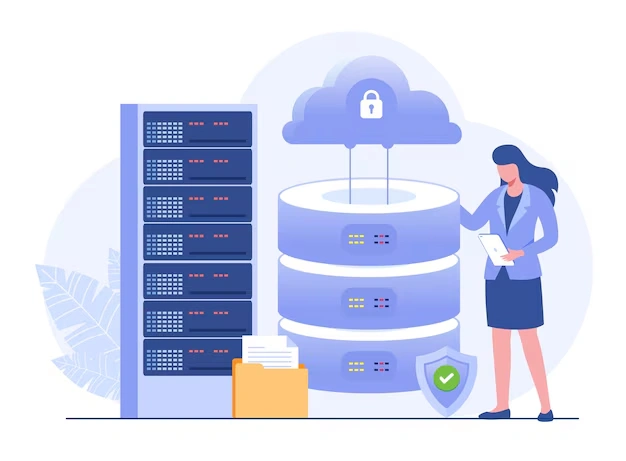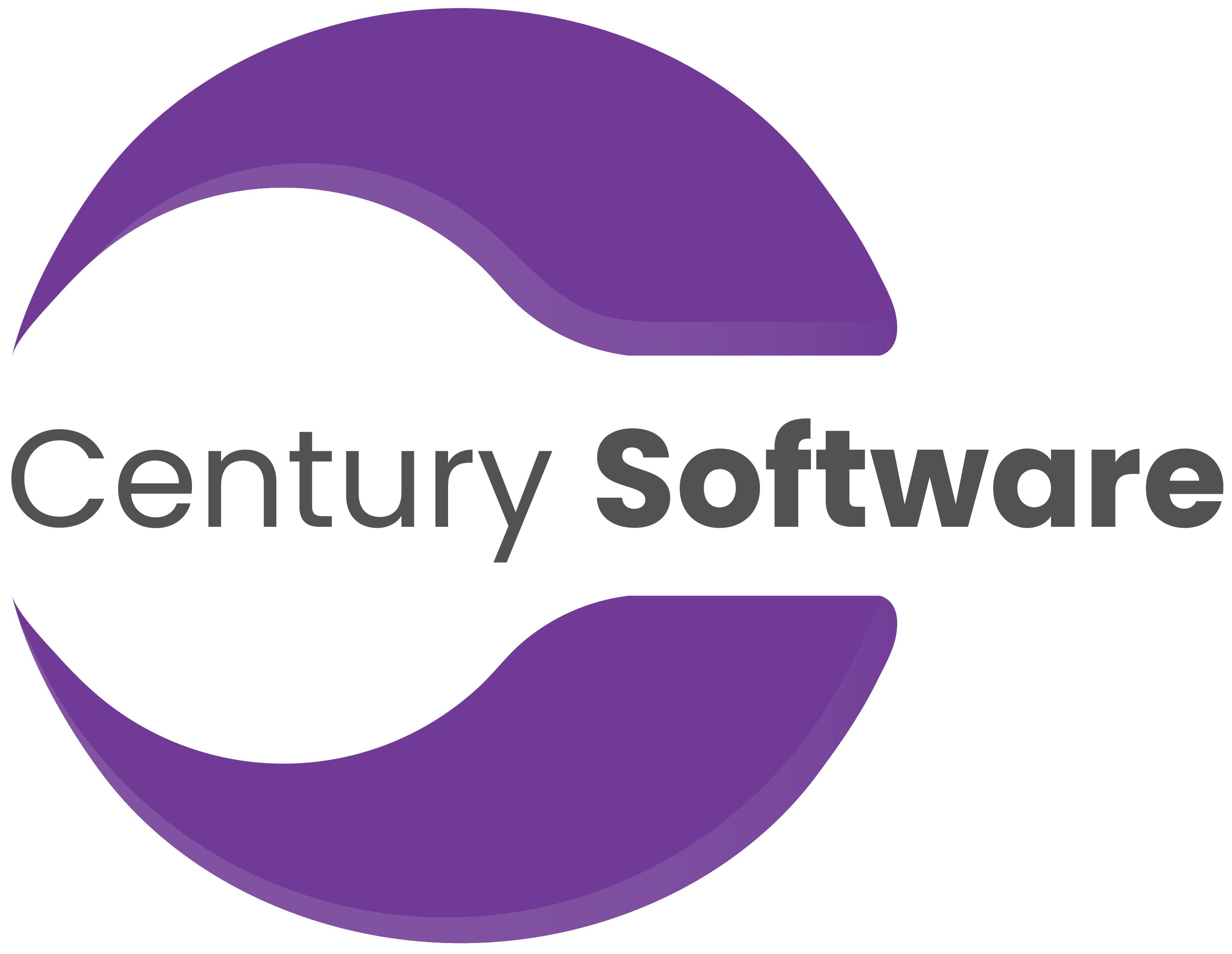What Is Enterprise Data Storage and Why It’s Critical for Modern Businesses
In today’s digital economy, data is more than just information — it’s the backbone of every business decision, customer interaction, and operational process. As organizations grow, the volume, velocity, and variety of data they generate increase exponentially. Managing this vast amount of information securely, efficiently, and reliably is no small task.
That’s where enterprise data storage comes in.
Enterprise data storage provides the foundation that enables modern businesses to collect, process, protect, and analyze data at scale. Whether it’s customer records, financial reports, or real-time analytics, a robust storage infrastructure ensures that critical information remains accessible, safe, and optimized for performance.
Let’s explore what enterprise data storage is, how it works, and why it’s vital for organizations in the digital age.

What Is Enterprise Data Storage
Enterprise data storage refers to large-scale systems and technologies used by organizations to store and manage business data. Unlike basic storage devices such as hard drives or simple cloud folders, enterprise solutions are designed to handle massive volumes of data, deliver high-speed access, and ensure business continuity through redundancy and backup mechanisms.
These systems support complex business applications — from enterprise resource planning (ERP) and customer relationship management (CRM) to analytics platforms and AI-driven insights.
Modern enterprise data storage solutions typically integrate hardware, software, and network components to provide a unified platform for data management. They are built to
scale as an organization’s data grows and often include advanced features such as encryption, disaster recovery, and automated backup.
Key Components of Enterprise Data Storage
To understand how enterprise storage works, it’s important to look at its key components:
1. Storage Infrastructure
This includes the physical or virtual environment where data is stored — such as servers, storage arrays, and cloud environments. Depending on business needs, organizations can deploy on-premises, cloud-based, or hybrid storage systems.
2. Data Management Software
This software layer manages how data is stored, accessed, and protected. It provides functions like deduplication, compression, tiering, and backup automation, helping optimize storage efficiency and performance.
3. Networking and Connectivity
For enterprise-scale performance, high-speed connections between servers, storage systems, and users are essential. Fibre Channel, iSCSI, and NVMe over Fabrics (NVMe-oF) are some common networking technologies that support enterprise-grade data transfer.
4. Security and Compliance Tools
Enterprise data storage must ensure data integrity and protection against unauthorized access. Encryption, role-based access controls, and compliance management tools are critical to maintaining data security and meeting industry regulations such as GDPR or HIPAA.
Types of Enterprise Data Storage Solutions
Different organizations have different data needs, so there isn’t a one-size-fits-all solution. Here are the main types of data storage solutions used by enterprises today:
1. Network-Attached Storage (NAS)
NAS systems connect to a company’s network and allow multiple users to access and share data simultaneously. It’s ideal for file-level storage and is often used for collaboration and document sharing.
2. Storage Area Network (SAN)
SAN provides block-level data storage that delivers high performance and low latency — perfect for mission-critical applications such as databases or financial systems.
3. Direct-Attached Storage (DAS)
DAS is a simpler approach where storage devices are directly connected to a server or computer. While cost-effective for small-scale needs, it lacks scalability and central management.
4. Cloud Storage
Cloud-based enterprise data storage solutions offer flexibility, scalability, and remote accessibility. Businesses can store large datasets in public, private, or hybrid cloud environments depending on security and compliance requirements.
5. Hybrid Storage Systems
A hybrid approach combines the control of on-premises infrastructure with the flexibility of the cloud. This allows organizations to balance performance, cost, and scalability effectively.
Why Enterprise Data Storage Is Critical for Modern Businesses
The value of data lies not only in its collection but also in how it’s stored, protected, and used. Here’s why enterprise-grade storage is essential for modern organizations:
1. Ensures Data Availability and Business Continuity
Downtime or data loss can have catastrophic effects on operations and reputation. Enterprise data storage solutions are built with redundancy, failover systems, and automated backups to ensure data availability even in the event of hardware failures or cyberattacks.
Business continuity depends on reliable access to information, and enterprise storage systems provide the infrastructure to maintain that reliability 24/7.
2. Supports Data-Driven Decision Making
In a data-centric world, insights are only as good as the data that supports them. With organized, centralized, and easily accessible data, decision-makers can perform real-time analysis and forecasting.
By integrating analytics tools and artificial intelligence with enterprise data storage, businesses gain a unified view of performance across departments — helping them respond faster to market changes and customer needs.
3. Enhances Security and Compliance
Data breaches and cyberattacks are becoming more sophisticated and frequent. Enterprise storage systems provide advanced security measures such as end-to-end encryption, access control, and real-time monitoring.
Furthermore, these systems help organizations maintain compliance with data protection regulations, reducing the risk of legal and financial penalties.
4. Scalability for Business Growth
As businesses grow, their data expands exponentially — from new customers and transactions to digital assets and analytics records. Traditional storage methods struggle to keep up.
Enterprise data storage solutions are designed to scale dynamically, allowing organizations to increase capacity seamlessly without disrupting operations. This scalability ensures that businesses can handle future data demands effortlessly.
5. Improves Operational Efficiency
Having all business data centralized in a single platform eliminates duplication, reduces storage costs, and streamlines workflows. Teams can quickly access the data they need, boosting productivity and efficiency.
Automation tools in modern enterprise storage systems also reduce manual tasks such as backup scheduling and data archiving, freeing IT teams to focus on strategic initiatives.
6. Optimizes Performance Across Applications
Business applications — from CRMs to financial systems — rely on fast and consistent data access. Enterprise data storage systems are optimized for high throughput and low latency, ensuring applications perform efficiently even during peak usage periods.
This performance optimization directly contributes to improved customer experiences and smoother business operations.
7. Facilitates Remote Work and Global Collaboration
In the era of distributed teams, secure access to centralized data is essential. Cloud-enabled enterprise data storage solutions allow employees and partners across the globe to collaborate seamlessly without compromising security.
This accessibility ensures continuity of work, regardless of location or device.
The Future of Enterprise Data Storage
As technology evolves, enterprise data storage is becoming smarter and more adaptive. The integration of artificial intelligence (AI), machine learning (ML), and automation is enabling predictive storage management — systems that can anticipate capacity needs, detect anomalies, and optimize performance automatically.
Moreover, edge computing is emerging as a critical complement to enterprise storage. By processing data closer to where it’s generated, edge technology reduces latency and enhances real-time analytics, especially for industries like healthcare, manufacturing, and logistics.
In the near future, businesses will increasingly adopt hybrid and multi-cloud storage architectures, leveraging the best of both on-premises control and cloud scalability.
Final Thoughts
In a world where data is both an asset and a strategic advantage, enterprise data storage has become the cornerstone of modern business infrastructure. It ensures that data is secure, accessible, and optimized for performance — empowering organizations to innovate, make informed decisions, and stay competitive.
Whether your business is a startup or a global enterprise, investing in the right data storage solutions is crucial for sustaining growth, ensuring compliance, and unlocking the full potential of your data.
Ready to Strengthen Your Data Infrastructure?
Take control of your data with Century Software — your trusted partner for reliable, secure, and scalable enterprise data storage solutions.
Century Software helps businesses modernize their storage architecture with advanced technologies that simplify management, reduce costs, and ensure uninterrupted access to critical data.
Empower your organization with Century Software — where innovation meets data reliability. Contact us today to learn more.
Frequently Asked Questions
Q1: What is enterprise data storage?
Enterprise data storage is a centralized system that securely stores and manages large volumes of business data. It ensures quick access, scalability, and data protection — helping organizations operate efficiently and make informed decisions.
Q2: Why is enterprise data storage important for modern businesses?
In today’s data-driven world, businesses rely on constant access to accurate information. Enterprise storage ensures data is organized, protected, and always available, supporting smooth operations, compliance, and faster decision-making.
Q3: How is enterprise storage different from cloud storage?
Cloud storage offers flexibility and scalability, while enterprise storage provides greater control, customization, and security. Many organizations use a hybrid model — combining both to balance accessibility and compliance needs.
Q4: How does enterprise data storage ensure data security?
It uses encryption, access controls, and continuous monitoring to protect sensitive business data. Advanced systems also include audit trails and real-time alerts to detect unauthorized access or potential breaches.
Q5: How does enterprise data storage support disaster recovery?
Enterprise storage includes automated backups, data replication, and off-site redundancy. These features help organizations quickly restore operations after system failures or cyber incidents — minimizing downtime and data loss.

